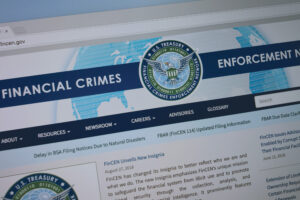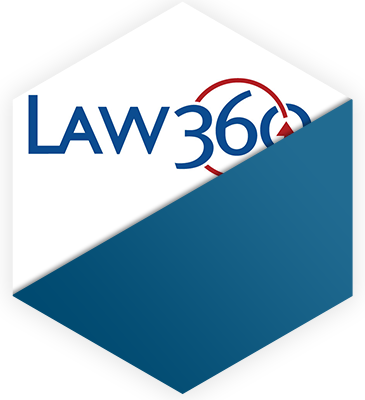





Unparalleled Value.
- People
- Practices
- Aerospace, Aviation & Airports
- Construction
- Corporate & Commercial
- Emerging Technologies
- Employment & Labor
- Energy & Natural Resources
- Environmental
- Litigation
- Pipeline & HazMat Safety
- Public Sector
- Real Estate, Land Use & Zoning
- Transportation Technology & Energy
- Solvaire – Diligence, Discovery & Document Management
- Perspectives
- Firm
- DE&I
- Make a Payment
Trump Administration Day One Executive Orders: A Transformation of American Energy and Environmental Policies
On January 20, 2025, the Trump administration issued a suite of Executive Orders and memoranda signaling a dramatic shift in American energy and environmental policy. Collectively these actions, among a historically large array of “Day One” orders issued by the administration, aim to stimulate domestic energy production (with a focus on oil, natural gas, coal, hydropower, biofuels, critical minerals, and nuclear energy resources), expand energy transmission infrastructure, enlarge refining capacity, and streamline environmental permitting and review requirements for energy production and infrastructure projects while canceling Biden-era domestic climate policies, disengaging from international climate agreements, and curtailing leasing and permitting for offshore and onshore wind energy projects.
To read the full alert, click here.
Professionals
We're critical thinkers who are focused, driven and cost effective in everything we do.
Babst Calland attorneys have the knowledge and experience to solve complex legal problems for clients who trust us to put that know-how to work in ways that favorably impact their business and bring greater value to their bottom line.
No other technology trend is evolving faster than artificial intelligence. Its impacts are being felt far and wide. Babst Calland’s Chris Farmakis and Susanna Bagdasarova go on a deep dive to discuss the potential benefits and limitations of AI, including its ability to drive economic growth and create new revenue streams, while also raising concerns about data privacy and intellectual property protection.
The duo emphasized the need for responsible use of AI in legal work, including accuracy, verification, and regulatory oversight, to minimize risks for clients and provide creative solutions. Chris and Susanna also highlighted the importance of understanding AI from multiple perspectives to ensure ethical development and use.







